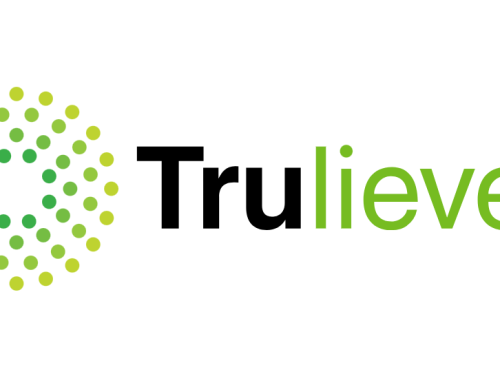Delaware Legalizes Cannabis: Recreational Sales Expected by Late 2024 or Early 2025
LOS ANGELES- Delaware recently legalized adult-use cannabis, but it may be up to two years before consumers can purchase it legally. According to Zoë Patchell, executive director of the Delaware Cannabis Advocacy Network, the state’s first legal cannabis sales could begin between late November 2024 and early 2025.
The process begins with Delaware Governor John Carney appointing a commissioner for the adult-use cannabis industry to implement regulations and set up the application process for potential operators. The Delaware Department of Safety and Homeland Security indicates that licensing applications may not be available until May 2024 at the earliest. Following license issuance, cannabis will need to be grown, processed, and packaged before being sold at dispensaries.
The deadlines for issuing cannabis licenses are:
- Cultivation: July 2024
- Manufacturing: August 2024
- Retail and laboratory testing: November 2024
Patchell notes that Delaware’s rollout may take longer compared to other states due to historical delays in implementing cannabis programs. Delaware legalized medical marijuana in 2011, but sales didn’t begin until 2015, with only one dispensary serving the entire state until 2017.
Earlier attempts to pass adult-use legalization were vetoed by Governor Carney, despite significant public support. This time, the legislation passed by default as Carney neither signed nor vetoed the bills.
Until legal sales begin, adults in Delaware can legally possess up to one ounce of cannabis. However, consumers currently need to source cannabis through illegal means or from neighboring states where it is legally available.
Unlike New Jersey and Maryland, which allowed medical dispensaries to kick-start recreational sales, Delaware’s lawmakers opted for a separate process. This decision was influenced by concerns that medical dispensaries might not meet the demand for both medical and recreational cannabis.
State finance secretary Rick Geisenberger mentioned that setting up mechanisms to collect the 15% sales tax and allowing oversight audits of the businesses would also contribute to the delay.
Bill Rohrer, owner of The Farm, a medical marijuana company, criticized Delaware’s approach, suggesting that allowing medical dispensaries to sell recreational cannabis could provide a quicker and more efficient solution. However, Patchell argues that this would hinder the development of a competitive market and disadvantage new and social equity applicants.
Patchell believes that a well-regulated and competitive market is worth the wait, as it would prevent price inflation and support new businesses. Wilmington attorney Peter S. Murphy supports the idea of leveraging existing medical providers to meet demand but acknowledges the importance of creating a regulated market to compete with illegal sales.
The aim is to ensure safe, regulated, and reasonably priced products for consumers while creating opportunities for new market entrants. While Delaware’s residents wait for the official rollout, they can at least possess cannabis legally under the new laws.



































